Dr. Ahmadreza Yousefpour, faculty member at Imam Hossein University and Deputy of Physical Education at the Student Basij Organization, discussed the dual role of sport in resistance and repression and its imperatives in opposing the Zionist regime
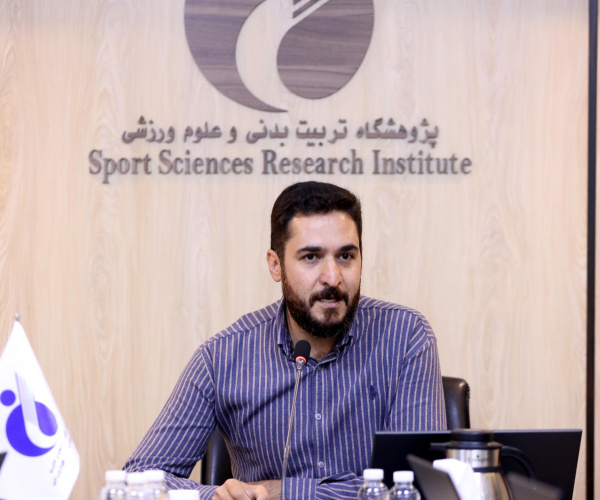
At a knowledge-enhancement session on "Activism of the University Sports Community Regarding the Imposed War" at the Research Institute of Physical Education and Sports Sciences, he analyzed both negative and positive aspects of sporting confrontation with the Zionist regime.Yousefpour emphasized the need for a theoretical framework before practical discussion, outlining four key elements for social movements based on the Supreme Leader's second step statement: correct understanding of the arena, proper orientation, creating hope and motivation for perseverance, and planning actionable steps accordingly.He traced the history and structure of the Zionist regime since its illegitimate formation in 1948, supported by international agreements like the Balfour Declaration, and criticized its use of sport as a tool for political legitimacy and suppressing resistance, such as via the Maccabiah Games and international sports participation.Yousefpour highlighted the recent Israeli military aggression since October 2023, noting the killing of about 800 Palestinian athletes and the destruction of 300 sports facilities, contrasted with over 100 Iranian athletes killed during the recent 12-day war.He reflected on global student and liberation movements, citing sport’s role as a resistance tool during the apartheid era in South Africa and against the Israeli occupation. Palestinian freedom movements have used sport and social activities to amplify their voices worldwide.He cited examples like rejection of Israeli delegations at various competitions, protests by athletes and fans in European clubs, and media actions during the 2020 Tokyo Olympics, emphasizing that resistance against Israel extends beyond military fronts into social and sports domains.Yousefpour discussed the role of academic student movements, especially after October 7, 2023, where universities in the US and Europe, including Columbia University, significantly supported Palestinian liberation movements, planned resistance strategies, and provided educational and social, economic, political, cultural, artistic, and sporting platforms.He emphasized that scientific and social structures in academia can strengthen athletes' involvement in resistance and guide social movements toward effective confrontation with the Zionist regime.Yousefpour identified key characteristics of these movements: explaining the nature, reasons, and methods of resistance across domains, continuity, focus and order in scientific programming, spiritual valuation and support of social groups, interaction with international organizations and campaigns, product creation, and mobilizing public participation.He concluded by honoring martyrs of the Islamic Revolution, recent war martyrs, and athletes who joined the victims in the face of savage Zionist attacks

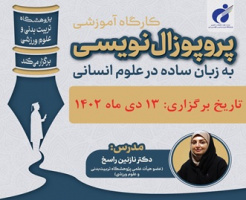
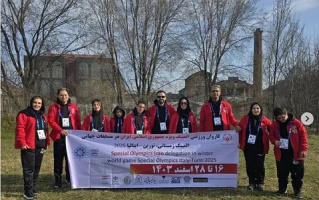
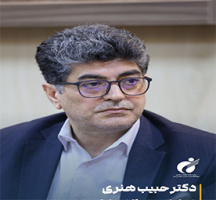
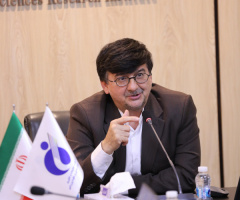
Your Comment :